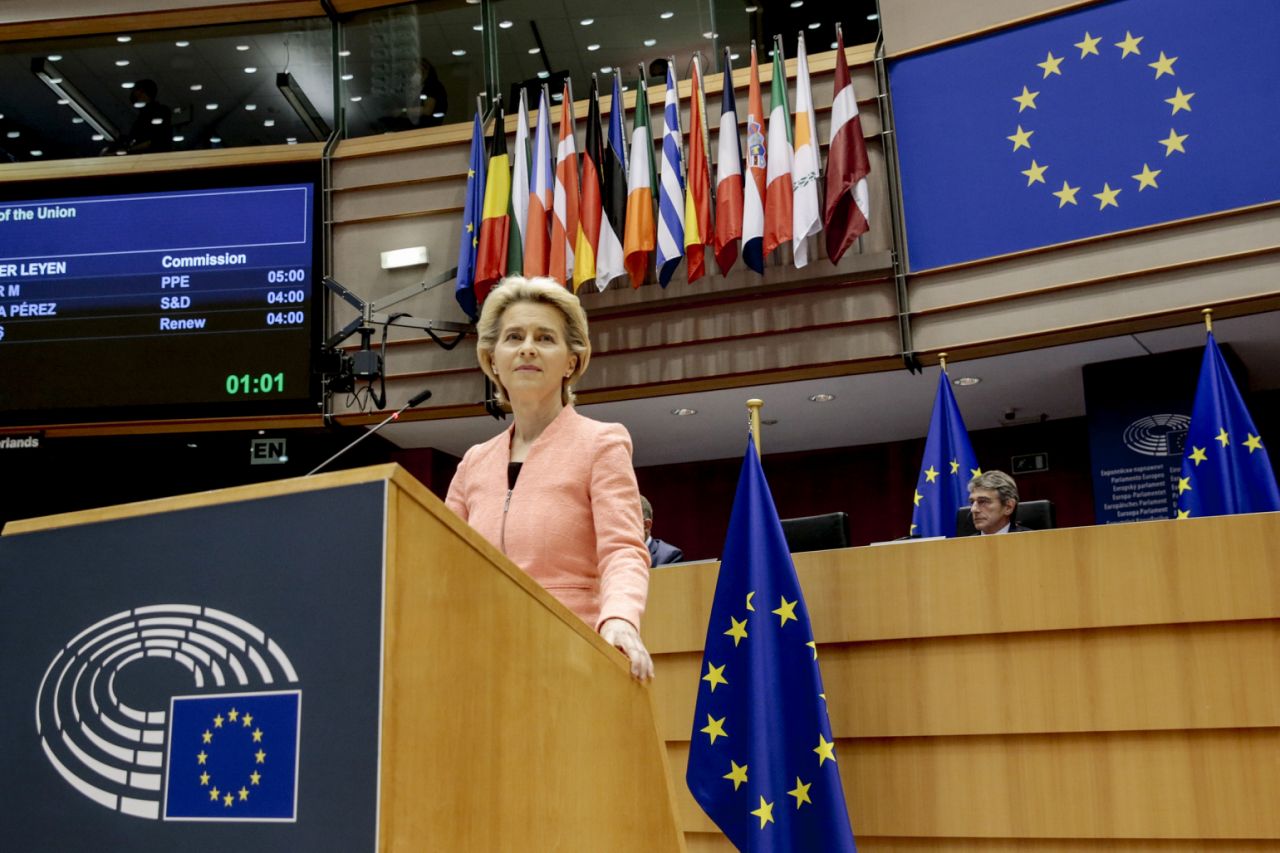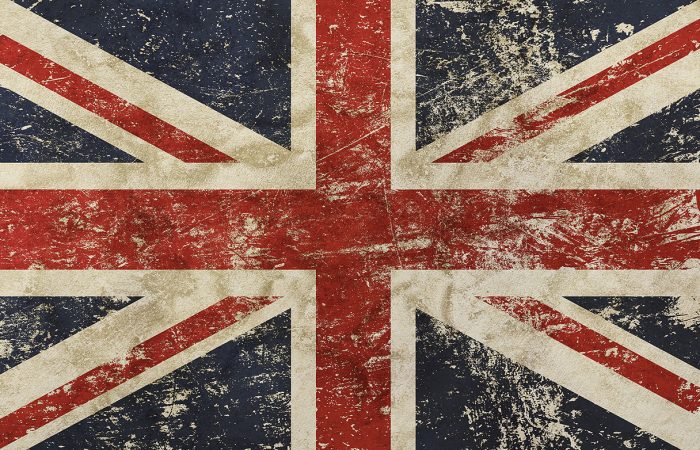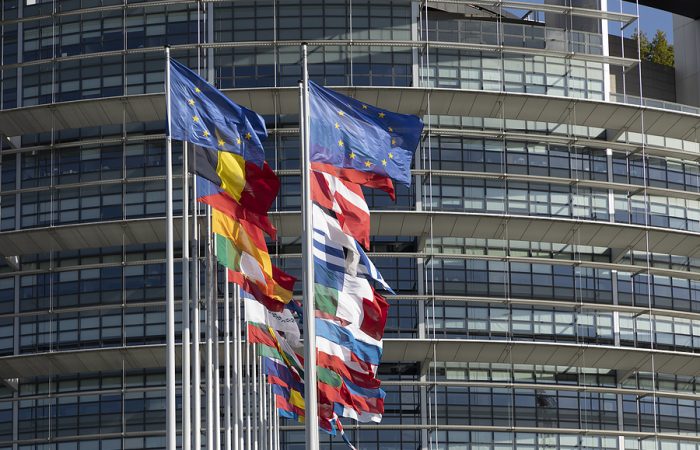Ioannis Tirkides
Ursula von der Leyen, President of the European Commission, delivered her annual State of the Union address before the European Parliament, on September 14. This is the occasion when the president of the European Commission presents the main achievements of the year passed, and the priorities ahead, as well as how the Commission will be addressing the most pressing challenges. This year’s state of the union was particularly charged by the war in Ukraine, the sanctions, and the energy and humanitarian crises that result from it. As Europe is preparing for what might turn out to be a harsh winter, and possibly a recession driven by war uncertainty, high inflation, and rising interest rates, it is important that member states remain aligned with long-term priorities, the message was. The speech itself delivered by President von der Leyen addressed the war; the energy crisis; the recovery and resilience plans of member states; external policies including trade policy, global value chains, European sovereignty, and enlargement; a defence of democracy; and the institutional debate of deepening the union, concluding on the need for a European convention. In this article we take stock and discuss some main points and issues from this year’s state of the union.
Obviously, the war in Ukraine and sanctions on Russia, was a big part of the speech which expressed a strong commitment to solidarity for Ukraine and argued that sanctions are having an impact on Russia, and that they are here to stay for the long run.
While there is truth to all that, there are limitations to what sanctions can achieve. Meantime the war might escalate in unforeseen ways and its risks might broaden. The sanctions on Russia are most extensive and can potentially be very costly, but so far, the Russian economy has not been affected very severely. This is seen in the current account surplus and an appreciating currency. Estimates for a severe recession in the Russian economy are now moderated. This is mainly the result of increased energy revenues and the limitations in the implementation of sanctions. The impact on the Russian economy comes more from the loss of imports needed for its civilian and defence industries, jeopardising its long-term growth potential. But it doesn’t impede its ability to finance and continue the war in Ukraine at least for the foreseeable future.
The war itself is not over yet. Neither side has won, and whilst recent Ukrainian advances are significant, it is more likely there will be an escalation from here. Wars are not won by taking a city or losing one. Wars are won when the one side destroys the ability of the other to continue fighting. The cost can be enormous both in human life and material means. Both sides maintain their maximum objectives and a negotiated settlement is most unlikely at this stage. We hope we will be wrong, but an escalation in the war is a real possibility.
European assistance to Ukraine will take many forms and will go through many phases, but accession to the EU or even setting a date for accession negotiations, is not in the cards at this stage. In the words of President von der Leyen, ‘the Commission will work with Ukraine to ensure seamless access to the Single Market.’ But clearly ‘seamless access’ is neither integration nor membership negotiations.
The energy crisis also took a significant part of the speech, stressing the need to eliminate dependence on Russia, measures to reduce electricity consumption, and the need for targeted support and more help for vulnerable households. Von der Leyen proposed a cap on the revenues of companies that produce electricity at a low cost and called for the amendment of the temporary state aid framework in October to allow for the provision of state guarantees and for a redesign of the electricity market with the intent to decouple the pricing of electricity from the dominant influence of natural gas.
Energy is the most challenging issue for Europe for the coming winter. Supplies are not enough, and the implications can be severe for the economies of countries and their populations. The fact is that the energy crisis has significant redistributive effects. Consumers are losing and energy companies are gaining from the higher prices.
President von der Leyen stepped back from earlier plans for a bloc-wide cap on Russian natural gas because of fears that it would result in Moscow halting all natural gas deliveries to Europe. So, the Commission instead, announced plans for a windfall tax on the revenue of power companies that do not burn natural gas, such as renewables and nuclear, and a ‘solidarity contribution’ on oil and gas companies that make extraordinary profits from the higher energy prices. Europe may have chosen not to escalate the energy dispute with Russia through a price cap, but this does not mean that Moscow will stop using natural gas as leverage.
There is an issue of internal cohesion in the EU, linked mainly to enlargement and deepening. These were issues postponed by the pandemic and will now have to be addressed. So, von der Leyen, in reference to the new reality of higher public debt, announced that the Commission will be putting forward proposals for economic governance in October, for member states to have more flexibility on their debt reduction paths, but at the same time more accountability on the delivery of their agreed commitments. There seems to be more consensus now on the need for fiscal reform. Fiscal deficits and debt levels across the continent likely will worsen because of the sheer size of the measures that will be needed in the coming months.
She talked on more trade with like-minded countries and on the diversification of value chains. Without giving details, she announced a European Critical Raw Materials Act, and for building corresponding strategic stockpiles and reducing dependence on China for particular commodities like rare earths and lithium. This was in the same vein of the European Chips Act of last year and the Battery Alliance launched five years ago.
She talked about creating a new European Sovereignty Fund, but only in the future. So, the Commission will not come up with concrete proposals any time soon.
She used some strong words on fighting corruption, in all its many faces, from foreign agents trying to influence the political system, to companies abusing public money, and abuses of power. ‘Corruption erodes trust in our institutions. So, we must fight back with the full force of the law’.
The speech also referred to external policy as going through the strengthening of democracy and enlargement. She mentioned the need to reach out beyond the accession process, and so she endorsed Macron’s idea of a European political Community without expanding on it. This is the idea of establishing a European political space, beyond the European Union, which may constitute a first step towards membership.
Von der Leyen ended her speech on the issue of the European Convention, ‘to improve the way we do things and the way we decide things’. A European convention will be important to deal with enlargement and with deepening. ‘And as we are serious about a larger union, we also have to be serious about reform’.
Concluding, in the middle of a war on European soil, the European Union is facing multifaceted challenges, from going through the coming winter, to energy independence and dealing with the energy crisis. This year’s state of the union was more political than other times, stressing solidarity for the times ahead, and preparing for a long period of sanctions and their implications. There was strong talk on taxing windfall profits and redirecting resources to the more needy; of strengthening democracy and preparing the union for further expansion and more deepening. Which brought to the surface the need for a European Convention. Things will be changing as the war goes through different phases, and policies and alliances will need to be reaffirmed and re-evaluated. Meantime, the split of the world between the like minded will continue.
Ioannis Tirkides is the Economics Research Manager at Bank of Cyprus and President of the Cyprus Economic Society. Views expressed are personal.




